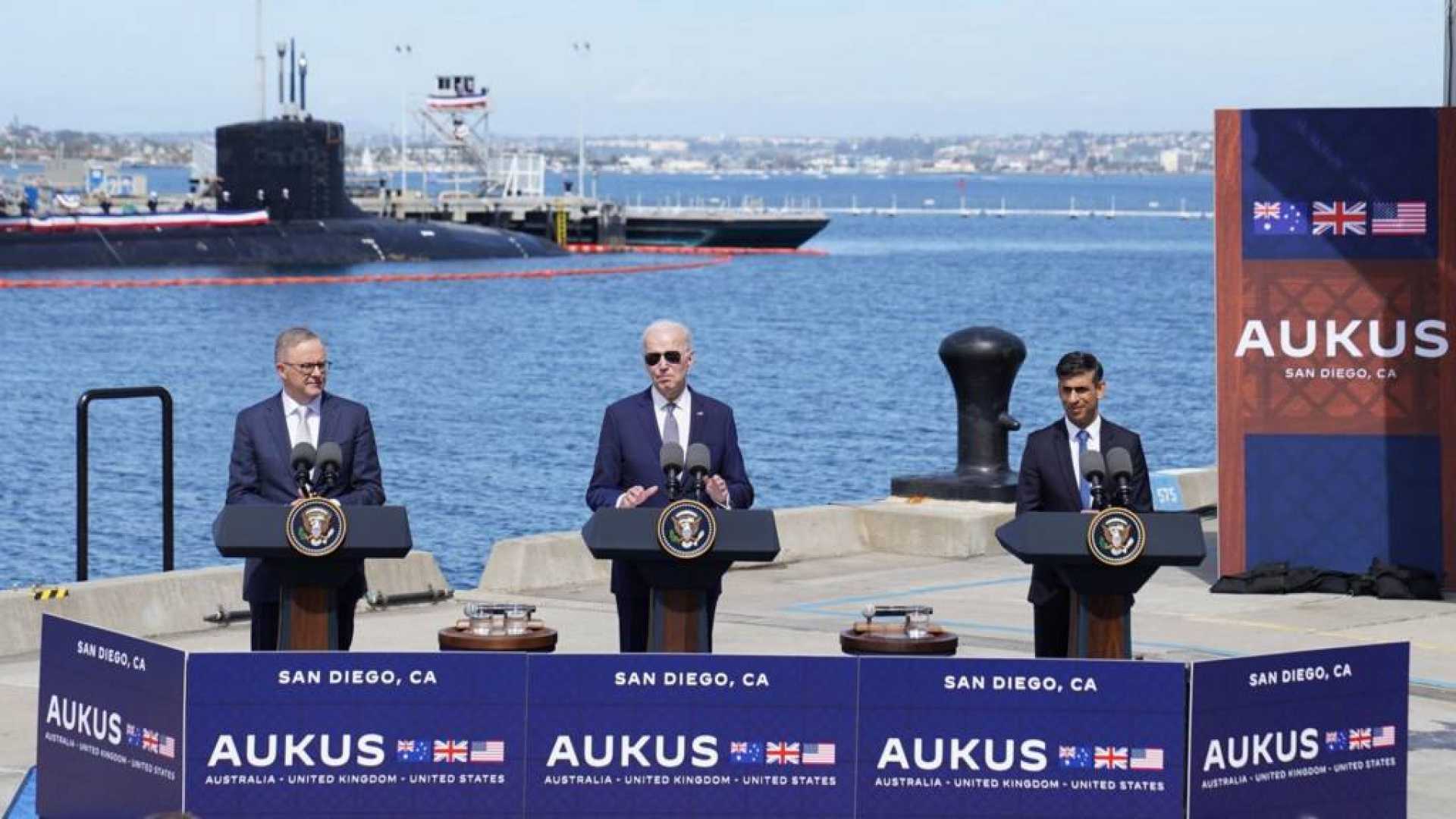Politics
Republican Claims AUKUS Pact Keeps Chinese Leader Xi Jinping ‘Up at Night’

WASHINGTON, D.C. — A senior Republican lawmaker has claimed that the AUKUS security pact, which includes a deal to provide Australia with nuclear-powered submarines, is a source of concern for Chinese President Xi Jinping. Representative Michael McCaul of Texas made the remarks during an event at the Center for Strategic and International Studies (CSIS) on Wednesday, January 15, 2025.
McCaul, who recently chaired the House Foreign Relations Committee, expressed optimism about the future of the AUKUS agreement under the incoming Trump administration. President-elect Donald Trump, set to take office on January 20, has not yet publicly stated his position on the pact, which was initiated by President Joe Biden. However, McCaul noted that discussions about the partnership began during Trump’s first term.
“I think they have ownership, as well as this [current] administration, and that’s why I feel optimistic about it,” McCaul said. “I have not seen anything to indicate they would back away from that. But Congress will be on top of this.”
The AUKUS pact, involving the U.S., the U.K., and Australia, aims to provide Australia with at least three nuclear-powered submarines by the early 2030s, with plans for Australia to eventually build its own. McCaul described Australia as a “bulwark or the beachhead” against China, emphasizing the strategic importance of the partnership in countering Beijing’s ambitions in the Indo-Pacific region.
“I have been told in intelligence briefings, without getting into classified [information], this is a thing that keeps [President] Xi up at night,” McCaul said. “Because not only do you have the crown jewel, the beast of the ocean, coming over, but you also have this innovation and technology that they are trying to master.”
McCaul highlighted the significance of advanced technologies such as artificial intelligence and quantum computing in the ongoing competition between the U.S. and China. He warned that a potential third world war could erupt in the Indo-Pacific, possibly due to a miscalculation involving Taiwan or the Philippines, both of which the U.S. is committed to defending.
“That obviously would escalate from China, China to Iran, China to Russia, China to North Korea. Then we’ve got Japan, South Korea, Philippines, Australia, which is the big player in the Pacific,” McCaul said. “And that’s why Australia, in my view, is the power in the Pacific that we need to fortify.”
Despite the ambitious goals of the AUKUS pact, questions remain about the U.S. capacity to transfer submarines to Australia, given challenges in American shipbuilding production. However, Democratic Congressman Joe Courtney, speaking at the same CSIS event, expressed confidence in the progress being made. “I think… these investments are paying off, the output is growing, and that we are going to be in a place where, I think the President can comfortably sign off,” Courtney said.
Australia has committed $3 billion to help the U.S. expand its submarine industrial base. However, the head of the AUKUS submarine program in Australia has not clarified whether any of this funding would be refunded if the submarines are not delivered.












